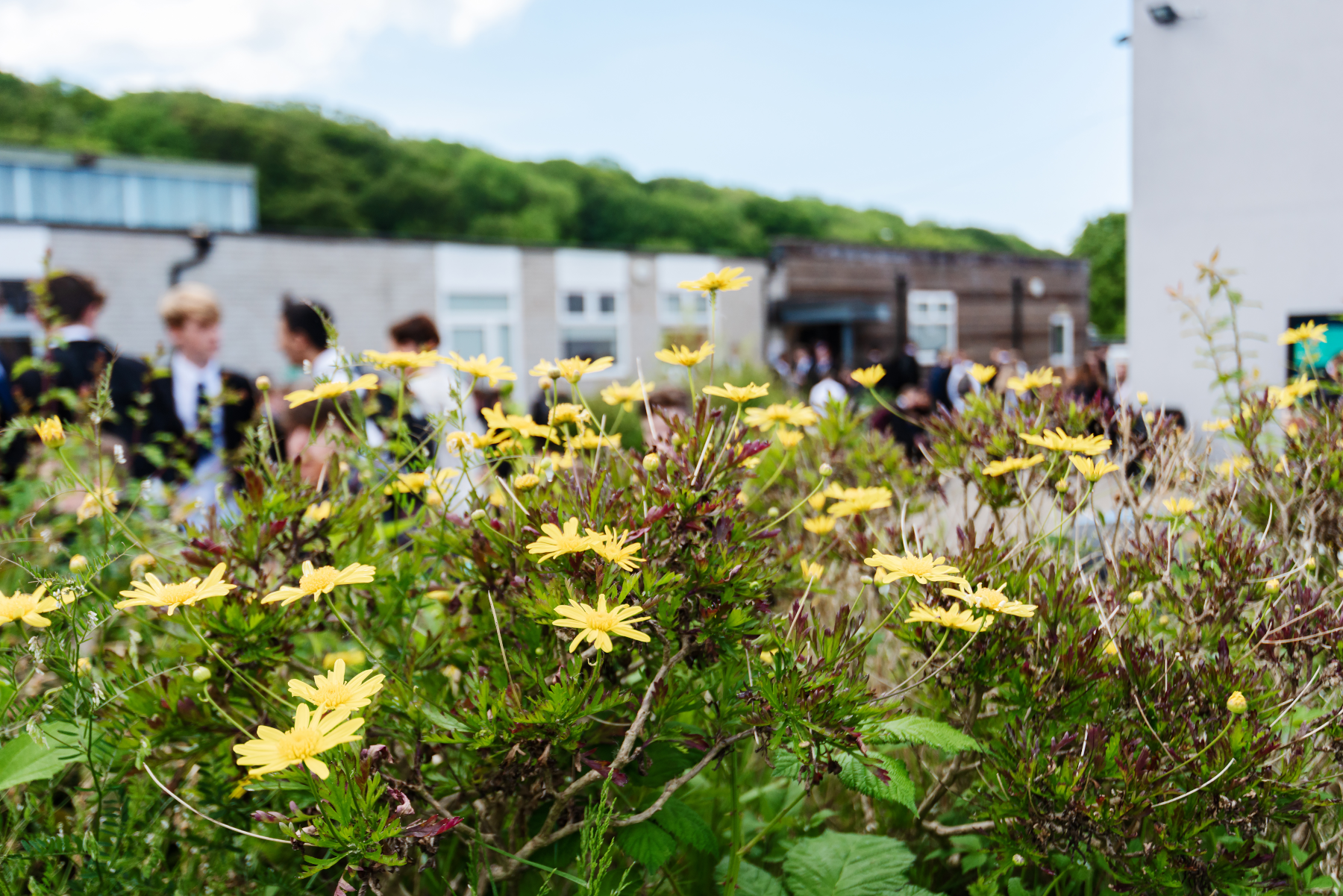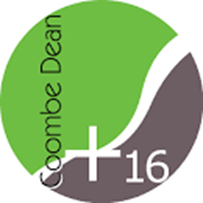History
History A Level |
|
|
Qualifications Exam board: AQA Level 3 Advanced GCE in History https://www.aqa.org.uk/subjects/history/as-and-a-level/history-7041-7042/specification-at-a-glance |
|
|
Entry Requirements GCSE grade 6 in History. Grade 5 in English. To study History at Coombe Dean you will be required to have an interest in the past, an enquiring mind and a positive work ethic. It is recommended that students have studied History at GCSE level to grade 6 or above and have strong English language skills. Students who have not taken History GCSE may be considered on a case by case basis if English GCSE is 7 or above. |
|
|
Skills required Essay writing, PEEL, reaching a judgement, source analysis (3Cs), source evaluation (3Ps), independent research skills, time management. |
|
|
Course outline We follow the AQA exam board at A Level. Students study the topics below throughout Year 12 and Year 13:
Paper 1- The Tudors, 1485-1603- 40% A level Exam Arguably the most famous dynasty in history, the Tudors were certainly a force to be reckoned with- at home and abroad! This option allows students to study in breadth issues of change, continuity, cause, and consequence in this period through the following key questions: • How effectively did the Tudors restore and develop the powers of the monarchy? • In what ways and how effectively was England governed during this period? • How did relations with foreign powers change and how was the succession secured? • How did English society and economy change and with what effects? • How far did intellectual and religious ideas change and develop and with what effects? • How important was the role of key individuals and groups and how were they affected by developments? Paper 2: Revolution and dictatorship: Russia, 1917–1953- 40% A level Exam This option provides for the depth study of the coming and practice of communism in Russia. It explores concepts such as Marxism, communism, Leninism, and Stalinism, ideological control, and dictatorship. It also enables students to consider issues of political authority, the power of individuals and the inter-relationship of governmental and economic and social change. |
|
|
Student testimony ‘I chose to study History at Coombe Dean because I love the subject and knew that I would be so well supported by my teachers. I have felt confident joining in Year 12 because our teachers embedded the skills for A Level early with us at GCSE. History is great because you get to learn such a wide range of knowledge that can be applied to current situations. We debate, work in groups and independently. I love that I really have the time to delve into the subject in such great detail. The topics are really interesting, and the teachers are really enthusiastic, knowledgeable and supportive. It’s a facilitating subject, so the skills I am learning in it really compliment my other A Levels too.’ Isabelle Edwards, Year 12. |
|
|
Career paths Studying history provides students with cultural awareness and an understanding of how to learn from the successes and mistakes of the past. History equips students with skills that are not confined to the study of the past. Skills of analysis are invaluable in many jobs; the ability to analyse and prioritise information is vital to decision making. There is a wealth of career opportunities available to history students, from media to business, research, law, education and government intelligence. Studying history endorses independence in young people and provides a skill set for students to be able to keep their career options open. |
|
|
Course outline/assessment All topics, aside from the coursework, are examined at the end of Year 13. Prior to this, students will complete assessments within their lessons alongside mock exams. |
|
|
Paper 1- The Tudors, 1485-1603 |
40% A level Exam |
|
Paper 2: Revolution and Dictatorship: Russia, 1917-1953 |
40% A level Exam |
|
Coursework- you decide |
20% of your A Level, assessed by your teachers |









